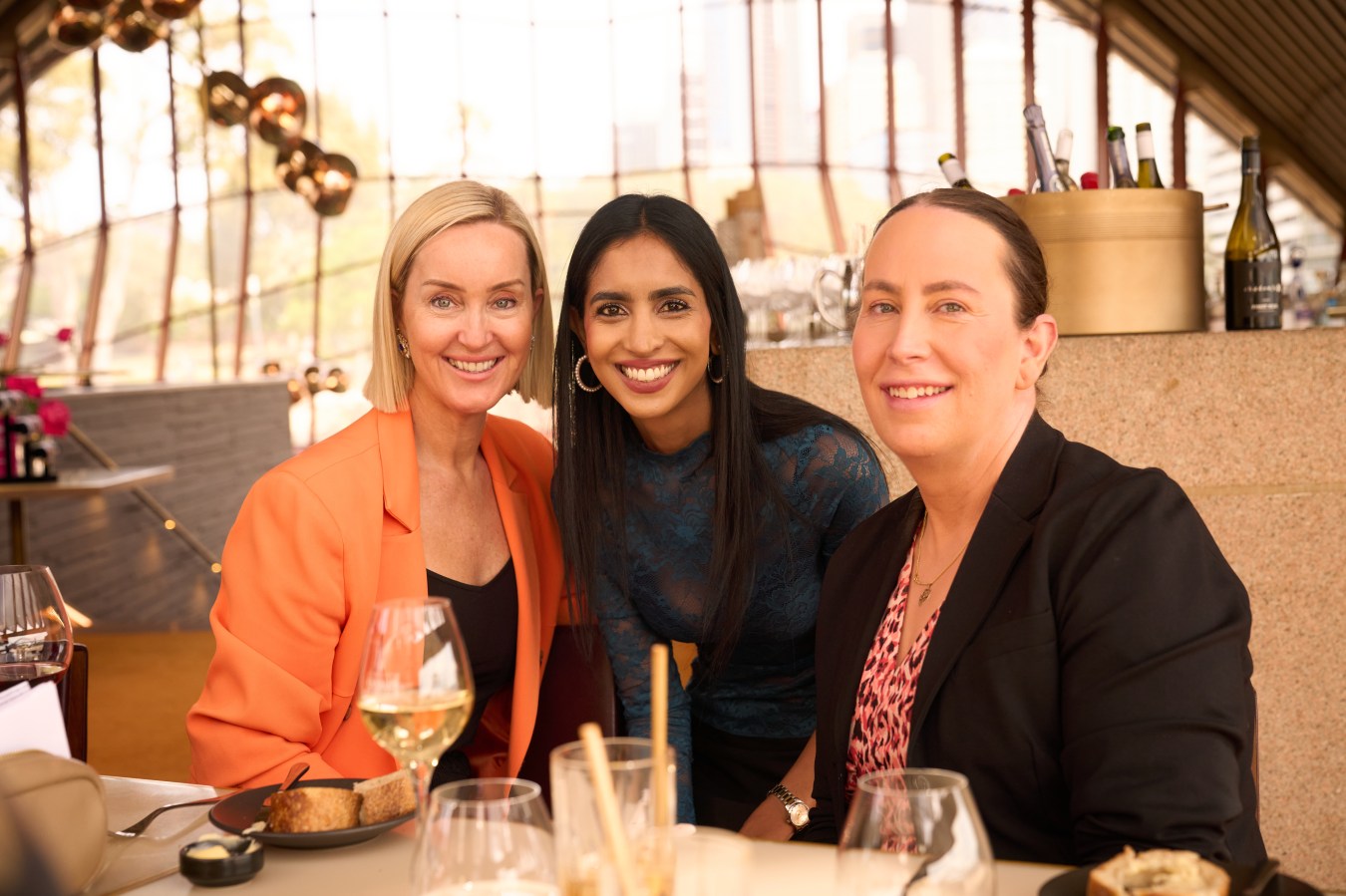Success now depends less on accessing data and more on making sense of it, writes Bethan Winn. Critical thinking helps us do exactly that. Here’s how to sharpen your skills.

Today’s AI can process information faster than any human, generate coherent summaries in seconds, and produce creative content on demand. It absolutely makes sense to adopt it for specific tasks. But AI fundamentally lacks the contextual understanding, ethical reasoning, and experiential wisdom that define real intelligence.
The World Economic Forum consistently lists critical thinking and its close cousins, analytical reasoning, life-long learning, and problem-solving in their ‘Top Ten Skills for the Future’.
But what is critical thinking? It’s the active application of skills, knowledge and attitudes that help us formulate ideas, determine beliefs and make decisions across all facets of our lives. It combines skills like evaluation, analysis and judgement; knowledge of fallacies, cognitive biases and logic; and essential attitudes such as curiosity, humility and courage. I believe we’re all capable of these things, but it’s easy to let them slip when we are under pressure.
The part where critical thinking really shines is when we apply it to both external information sources and internal examination of our own beliefs and decision-making patterns. Our capacity to rethink, unlearn, reflect, and think contextually will become more valuable as the pace of change accelerates.
The great cognitive shift
As AI can perform many cognitive tasks, meta-cognition (thinking about thinking itself) will become more important: questioning the frameworks we use to make sense of the world, breaking down our thought processes for better collaboration and communication, and deciding which questions are worth asking in the first place.
Yet we’re fighting an uphill battle. According to research by Kings College London, 49% of people report feeling their ability to think deeply has decreased in recent years (Hunt, 2023). In a survey of 1,000 Americans, on average, they checked their phones 205 times per day, fragmenting our attention and clouding clarity precisely when we need it most.

The ability to think deeply and slowly, to truly contemplate rather than react, may become a premium service. Like handcrafted goods in an industrial age, human-powered deep thought could become more niche and valuable.
Why human intelligence matters
While AI excels at pattern recognition and data processing, we still need to wrestle with the messy, contextual decisions that define leadership. AI can’t feel the weight of a decision on a team’s morale. It can’t read the subtle dynamics in a boardroom or understand why a technically optimal solution might fail culturally.
Most critically, AI can’t learn from real-world experience. It can suggest strategies, but it can’t feel the resistance when implementing change. It can draft communications, but it can’t gauge whether the message actually resonated with your team.
From my extensive work with senior leaders across sectors, four capabilities consistently separate those who are thriving with AI from those who struggle:
Reflective thinking: Like Charles Darwin’s daily walks in nature, successful leaders create conscious space to consider the bigger picture and strategic implications of their decisions.
Perspective shifting: Cultivating the mental flexibility to see situations from multiple angles. When Zoom asked, ‘How can we help people move from conversation to completion?’ Instead of “How might we improve video calls?”, it transformed into an AI-powered work platform, opening entirely new value for customers in a competitive market.

Evaluative judgement: The courage to question both AI outputs and your own assumptions based on real-world results. When Shopify questioned whether more meetings meant better collaboration, they eliminated recurring meetings in 2023 and proved the opposite – shipping 18% more projects by challenging accepted workplace norms with data.
Decisive action: The willingness to experiment, fail, and iterate. When analysis paralysis and procrastination are rife, our capacity to make robust, human-centred decisions, test them in real life, and learn from experience becomes invaluable.
Fear of being found out
Rather than develop these deeper skills, many are hiding their AI reliance. Global research by Slack shows that 48% of desk workers feel uncomfortable telling their managers they’re using AI, worried it makes them appear lazy or less competent.
This disconnect reveals the ‘AI closet’ we’ve created in the workplace – privately relying on tools we’re collectively coy about using. Like reading glasses, AI has become something we need but don’t want to be seen needing, complete with varying levels of honesty about how much we actually depend on it.
But we must be honest with ourselves as AI becomes more sophisticated: we can outsource tasks, but not accountability. When an AI-assisted strategy fails, blaming the algorithm isn’t a defence. It is an admission of leadership failure and poor judgment. We cannot blame AI for decisions we have responsibility for.
Your ‘human edge’ advantage
Your competitive advantage lies not in what AI knows, but in what you learn from putting ideas into practice. The ability to take action, reflect on results, and adapt based on real-world feedback will separate successful leaders from those stuck in analysis paralysis.
“AI can’t read the subtle dynamics in a boardroom or understand why a technically optimal solution might fail culturally.”
University of Queensland research shows 61% of people remain wary about trusting AI systems. This scepticism is important and intelligent “defensive thinking” that should inform how we experiment and learn. AI needs to be consistently questioned for verity and accuracy.
As we stand at this technological crossroads, the winners won’t simply be those who adopt AI fastest and know the most, but those who can filter through the noise, challenge assumptions, and make human-first decisions.
Bethan Winn is a critical thinking expert, speaker, facilitator and director of Human Skills Co, and author of The Human Edge: Critical Thinking in the Age of AI.
Look back on the week that was with hand-picked articles from Australia and around the world. Sign up to the Forbes Australia newsletter here or become a member here.


